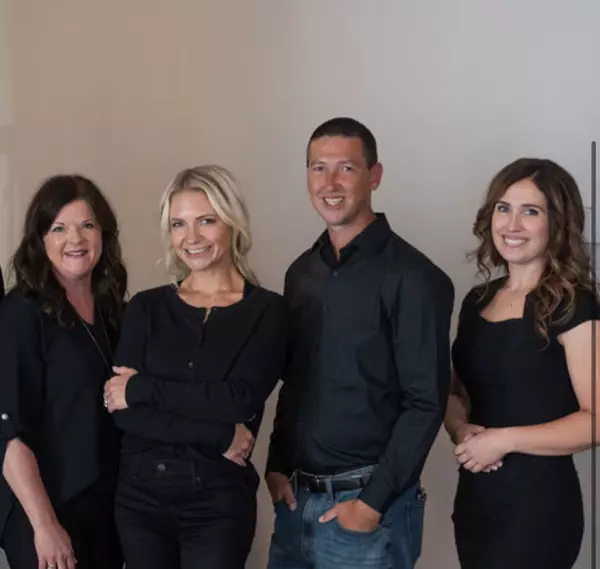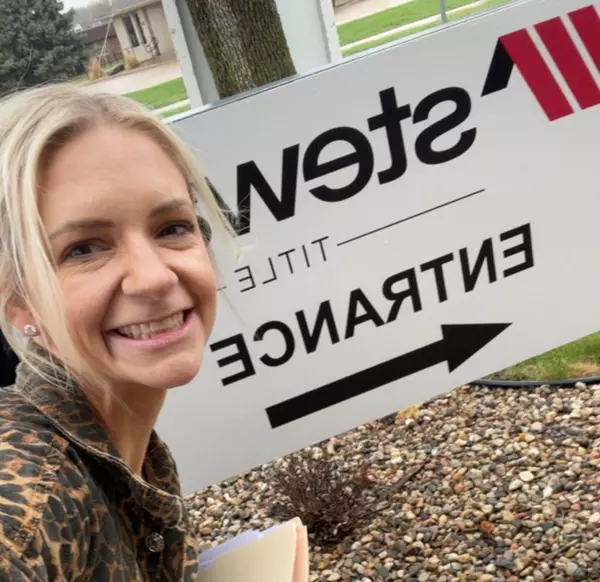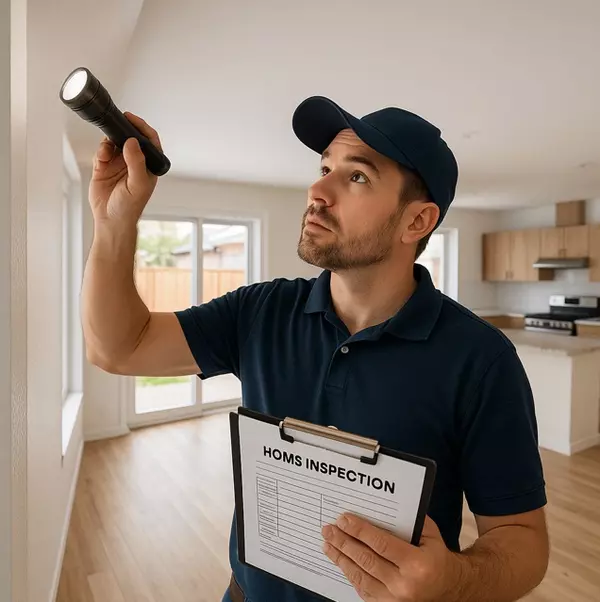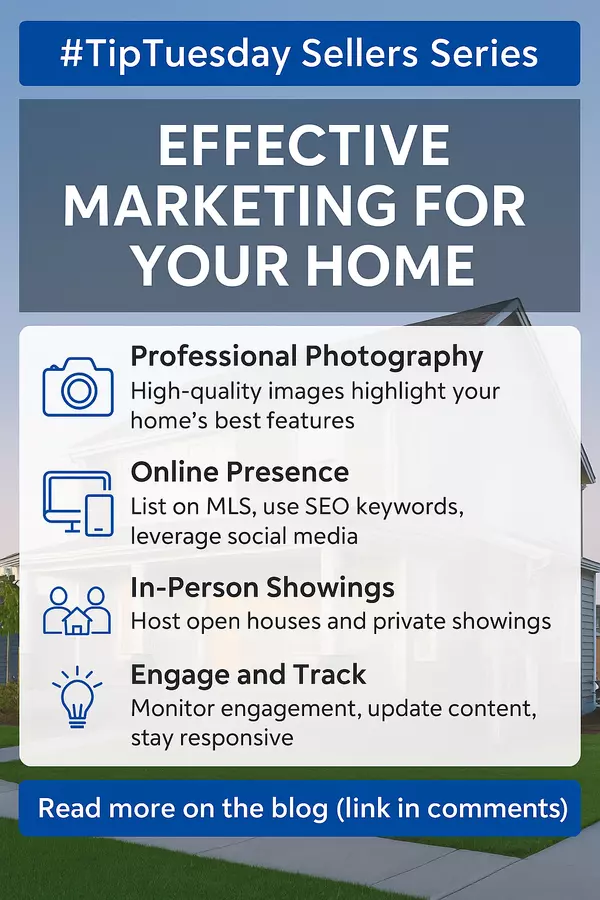

What is the #BOOM! Real Estate Group?!
What is the #BOOM! 👊 Real Estate Group?! After 15 years, over 1,100 homes sold, and a career built on passion, grit, and results — I’m proud to officially introduce you to my next chapter in real estate: #BOOM! 👊 Real Estate Group Brokered by American Way Realty This isn’t just a new name. It’s a
Read More

BIG News- Meet the #BOOM! Real Estate Group
After 15 years, 1,000+ transactions, and a lifetime immersed in real estate, I’m beyond excited to announce something BIG: 🎉 I’m launching my own real estate team — the #BOOM! 👊 Real Estate Group, brokered by American Way Realty! This dream has been years in the making, and it’s time to take thin
Read More

#TipTuesday: Closing the Sale
Closing the Sale Congratulations! You’ve reached the final step of your home-selling journey: closing day. This is when all your hard work pays off, and ownership of the property officially transfers to the buyer. Let’s walk through what to expect and how to ensure a smooth closing process. What H
Read More

#TipTuesday: Appraisals and Closing Preparation
Appraisals and Closing Preparation After navigating inspections and repairs, the next major step in the home-selling process is the appraisal and preparing for closing. This phase ensures that the property’s value is aligned with the agreed-upon price and that all the necessary steps are in place f
Read More
Categories
Recent Posts










